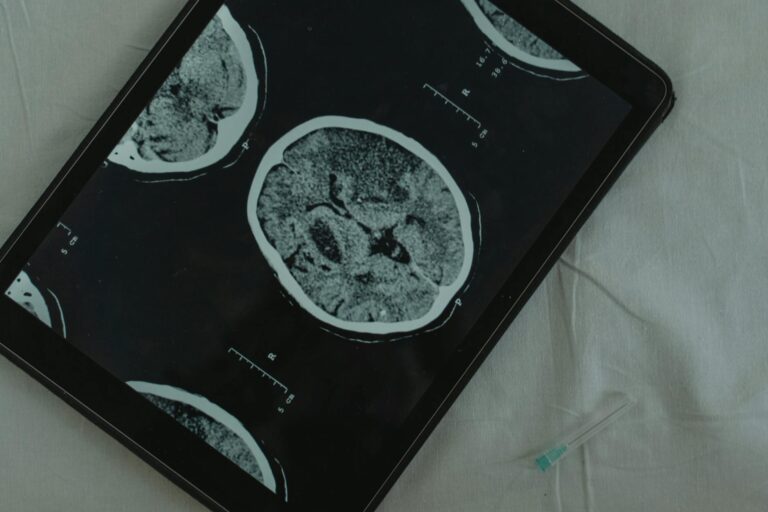Music therapy is becoming increasingly recognized as a valuable tool in caring for people with dementia. Dementia is a condition that affects memory, thinking, and behavior, impacting millions worldwide. While medications are available, music therapy offers a simple, accessible, and cost-effective approach that can be particularly beneficial in care home settings.
### How Music Therapy Works
Music has a unique ability to connect with people on an emotional level, even when other forms of communication may be challenging. This is partly due to neuroplasticity, the brain’s capacity to form new connections and adapt. Music can evoke memories and emotions, providing comfort and stimulation for those with dementia.
### Benefits of Music Therapy
1. **Improves Mood and Reduces Anxiety**: Music can elevate mood and reduce anxiety by triggering positive emotional responses. Upbeat music can increase energy, while calming melodies can promote relaxation.
2. **Enhances Cognitive Function**: Music can help maintain cognitive function by stimulating memory recall and encouraging participation in cognitive exercises.
3. **Promotes Social Interaction**: Group music activities like sing-alongs and dance sessions foster social interaction, which is crucial for people with dementia who may struggle with social engagement.
4. **Reduces Agitation and Behavioral Issues**: Personalized music playlists have been shown to reduce agitation and improve behavioral symptoms in some cases.
5. **Supports Physical Health**: Music can encourage movement and improve coordination, contributing to better physical health.
### Success Stories
Many care facilities have seen significant improvements after implementing music programs. For example, daily group music sessions and personalized playlists have led to reduced medication use, fewer falls, and increased social participation among residents.
### Future of Music Therapy
As research continues to support the benefits of music therapy, there is a growing emphasis on integrating it into dementia care. New models are emerging that bring music to entire communities, creating shared moments of joy and interaction. Whether through individualized sessions or group activities, music remains a powerful tool for enhancing the quality of life for those living with dementia.





